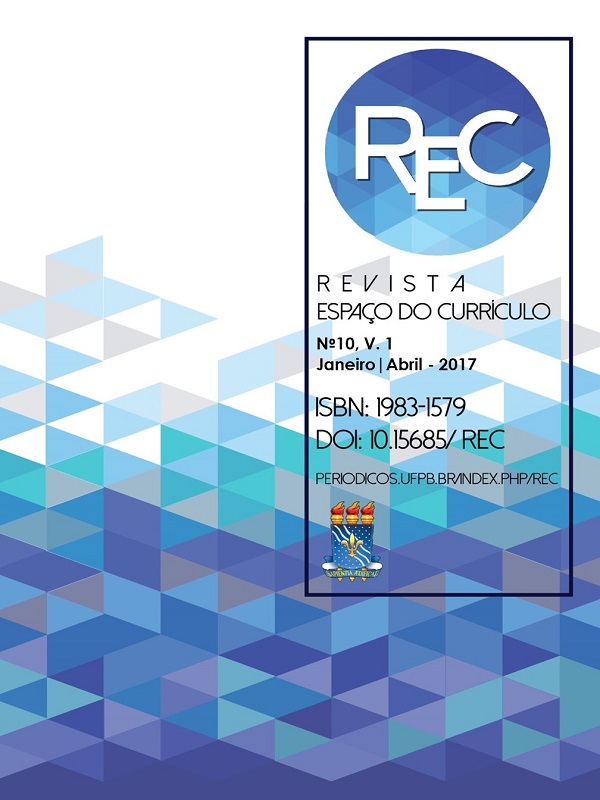PLANS OF CURRICULAR TESSITURE
the experimental medicine course at the Faculty of Medicine of the University of São Paulo (1968-1975)
DOI:
https://doi.org/10.15687/rec.v10i1.33705Keywords:
Education, Medicine, CurriculumAbstract
In 1968, the Faculty of Medicine of the University of São Paulo (FMUSP) began an educational experience offering a second medical course, the Experimental Course of Medicine (CEM), which will coexist with the Traditional Course of Medicine (MTC). Through written and oral documentary sources and aiming to understand the articulations and selections that are woven into the proposition, execution and extinction of the Experimental Medical Course project, this thesis began the recovery of the socio-historical construction of CEM, a course that is little discussed. Cem emerged from the association of factors that pressured FMUSP to promote changes in its teaching, and had as its preopponents a group that built a territory of challenge to the naturalization of traditional precepts that form physicians. The course's proposal was the integration of contents from themes and not only in consolidated disciplines, aiming to train physicians with a strong generalist and community base, which would allow them to work in the field of general medical practice, but also to be a sufficient basis for the choice of a specialty. The learning situations were through the insertion of the student in the schemes that producers of knowledge with the teaching laboratories and the services of medical care, proposing to the student the central role in his training, imputing to him the need for the collective construction of his knowledge, and bringing the teacher to the position of guardianship, advisor of the learning process and not transmitting contents. The student was placed earlier in contact with the daily routine of medical care, concretely introducing primary care as one of the focuses of care of the physician graduated from FMUSP. For this, the CEM introduced a diversity of practice scenarios, such as health centers and general hospitals, and the dimension of the patient standing, which it shares with the proposition of a biopsychosocial individual defended by CEM, in addition to bringing physicians closer to other health professionals. With only eight graduated classes, the Course suffers constant resistance at FMUSP, with precariousness of the offer space, loss of political support, and misrepresenting and hybridization of the original proposal, among others, which lead to its squealing, culminating in the fusion of coexisting courses in a course that holds little of the Experimental. Cem presents itself as a rescue from the founding tradition of the Faculty, because it recovers the dimension of experiment, of innovating teaching, breaking, however, with the surgical tradition of FMUSP. By imposing the protagonism on students and teachers, knowledge is regrouped, changing conventional disciplinary territories, leading to territorial disputes that do not focus on the large spaces of the disciplines, but that end up permizing the entire structure, since the disciplines are dispersed. What remains of cem in the curriculum of the Faculty is seen in the maintenance of training in primary care and the block of Infectious Diseases, in addition to the infrastructures of the School Health Center and the University Hospital and the memory of its remaining protagonists.
Downloads
Metrics
References
TAVANO, Patricia Teixeira. Tramas da tessitura curricular: o Curso Experimental de Medicina da Faculdade de Medicina da Universidade de São Paulo (1968-1975). 2015. 307p. Tese (Doutorado em Educação) – Faculdade de Educação, Universidade de São Paulo, São Paulo, 2015. Disponível para download: http://www.teses.usp.br/teses/disponiveis/48/48134/tde-27102015-092340/pt-br.php
Downloads
Published
How to Cite
Issue
Section
License
By submitting an article to Curriculum Space Journal (CSJ) and having it approved, the authors agree to assign, without remuneration, the following rights to Curriculum Space Journal: first publication rights and permission for CSJ to redistribute this article. article and its metadata to the indexing and reference services that its editors deem appropriate.
















